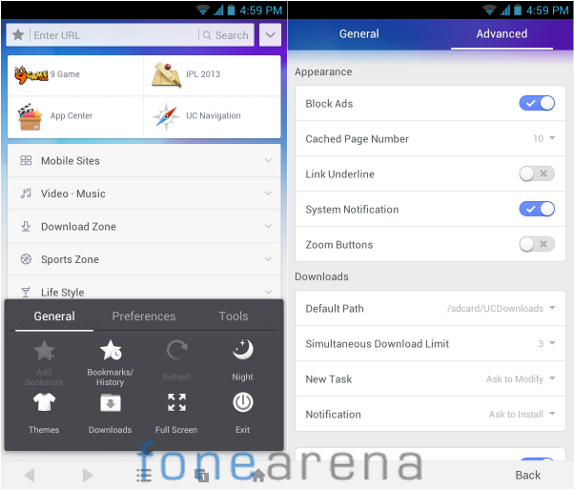

Note that UAs used by mobile browsers vary depending on the browser version, device model, OS, and many other factors. The following table contains User-Agent strings for all the most used mobile browsers today. Feel free to browse the stats for your local market using our Data Explorer tool.ĭownload our free e-book on User Agents to learn:ĭownload the Free Guide List of mobile browsers User-Agent strings The report also lists a number of other locally popular apps for web browsing, such as UC Browser, Yandex Browser, IE Mobile, Opera Mobile, Opera Mini, Firefox, and MIUI Browser. (We discussed some of the more popular privacy-respecting browsers.)Īccording to our report on the most popular mobile browsers, Safari Mobile, Chrome Mobile, and Samsung Browser are the three most used mobile browsers across the globe. While all phones come with pre-installed browsers, both Google Play and Apple App Store offer a number of alternative browsers, some focusing on speed and lightness, others on saving bandwidth and blocking ads, and an ever-increasing amount claiming to increase privacy and reduce a users' mobile digital footprint. The landscape of mobile browsers is quite complex, with several major players (pre-installed in most cases) and a number of locally popular contenders. What works well on Chrome Mobile and the latest Android may not work the same on an older device and browser.

What is the User-Agent and what information does it pass?ĭescribed in the HTTP standard, the User-Agent string contains a number of tokens that refer to various aspects of the request, including the browser’s name and version, rendering engine, device’s model number, operating system and its version, etc.įrom a web developer’s perspective, User-Agent strings can be useful when it comes to testing how online content is rendered on various hardware and software combinations. Here’s a handy list of UAs that you may want to use. In order to get an understanding of which mobile browsers use your site, you need to know their User-Agent strings. This information typically passes the name and version of the browser among many other details.

The standard way to pass information to the server about the visiting device is to include it in the User-Agent (UA) string.


 0 kommentar(er)
0 kommentar(er)
